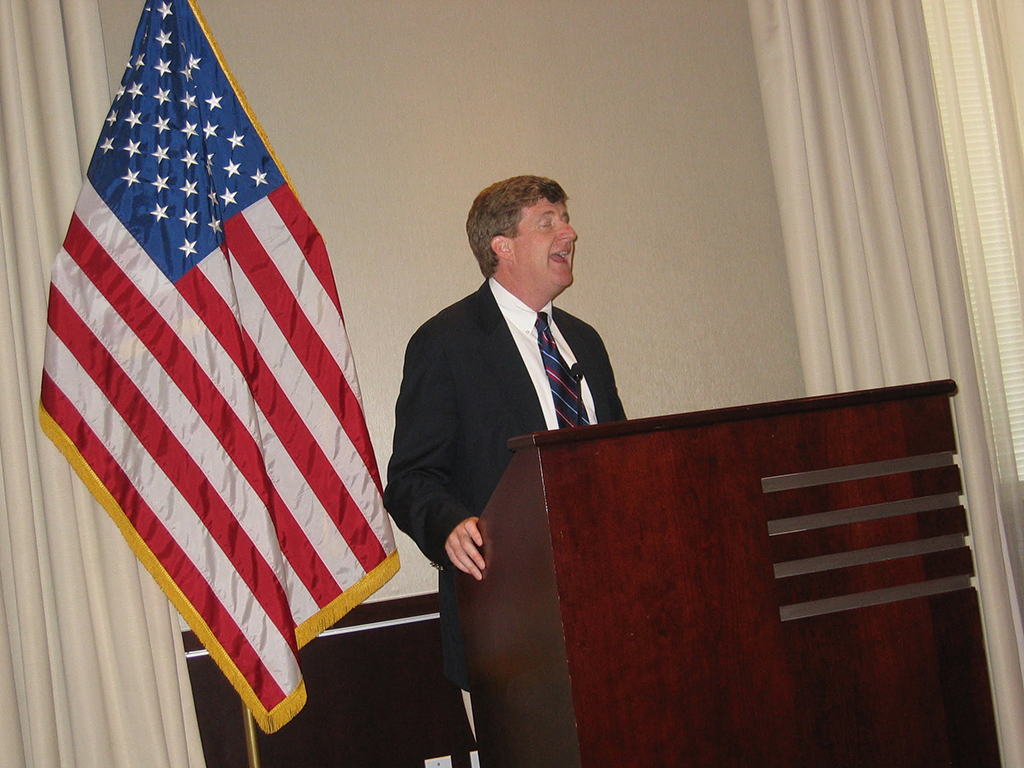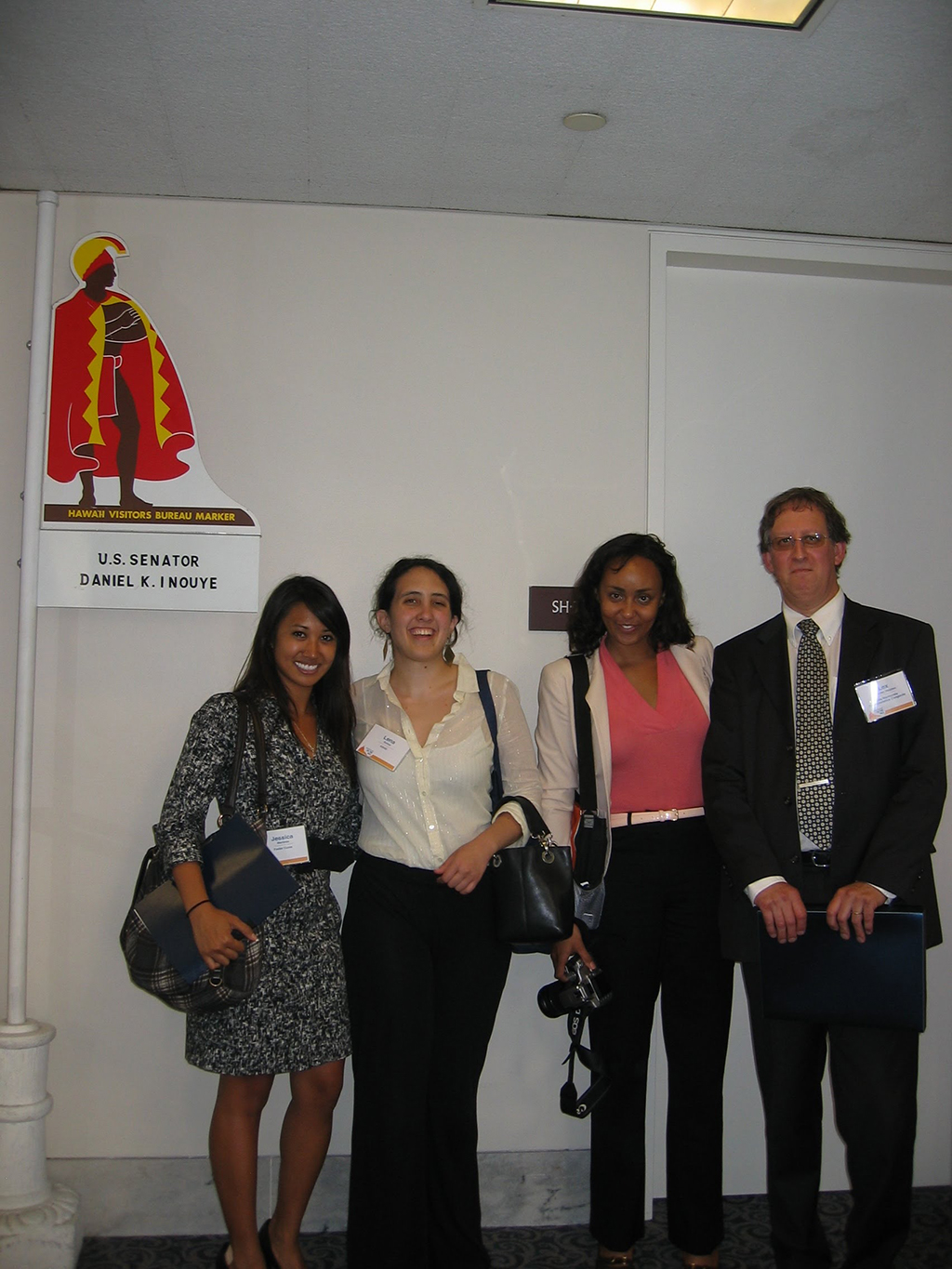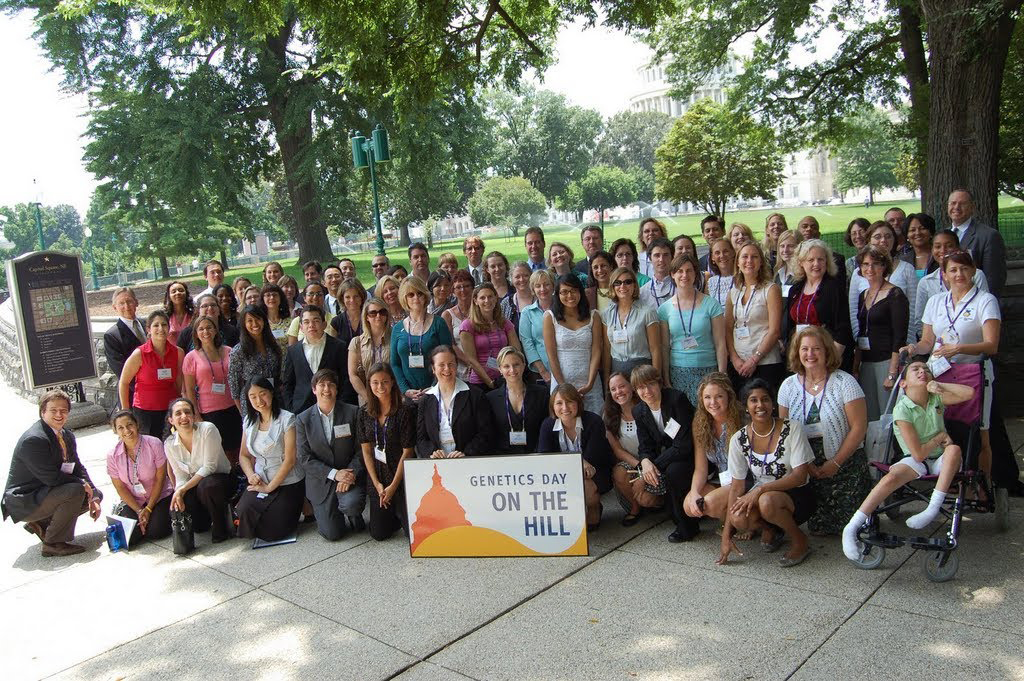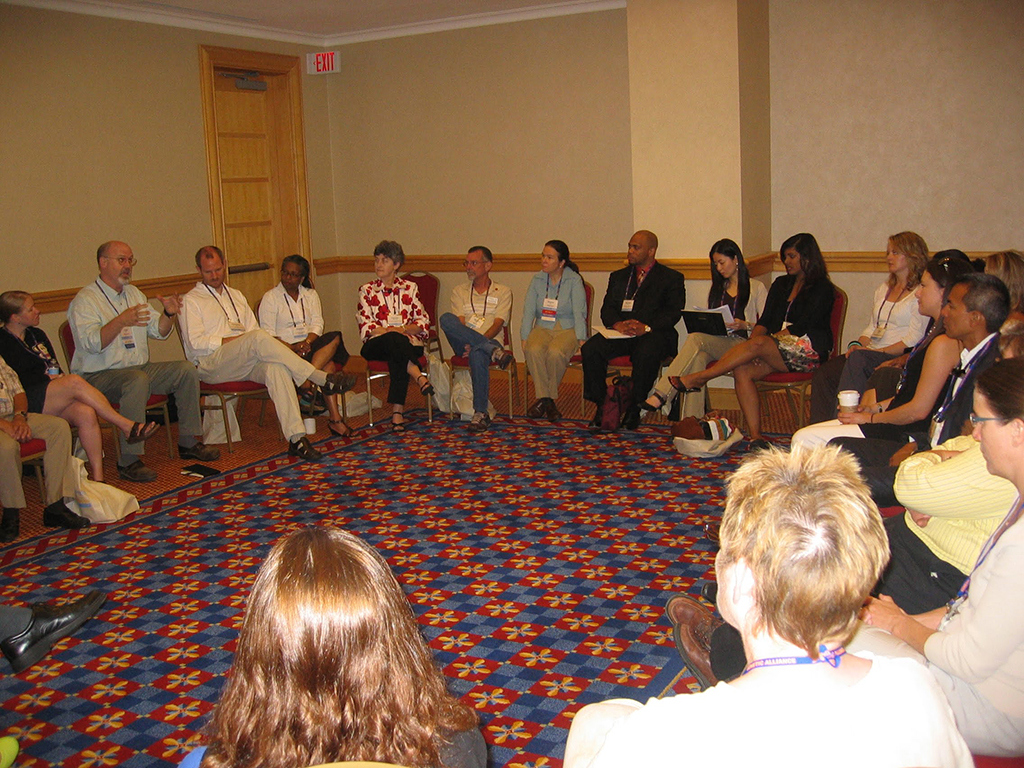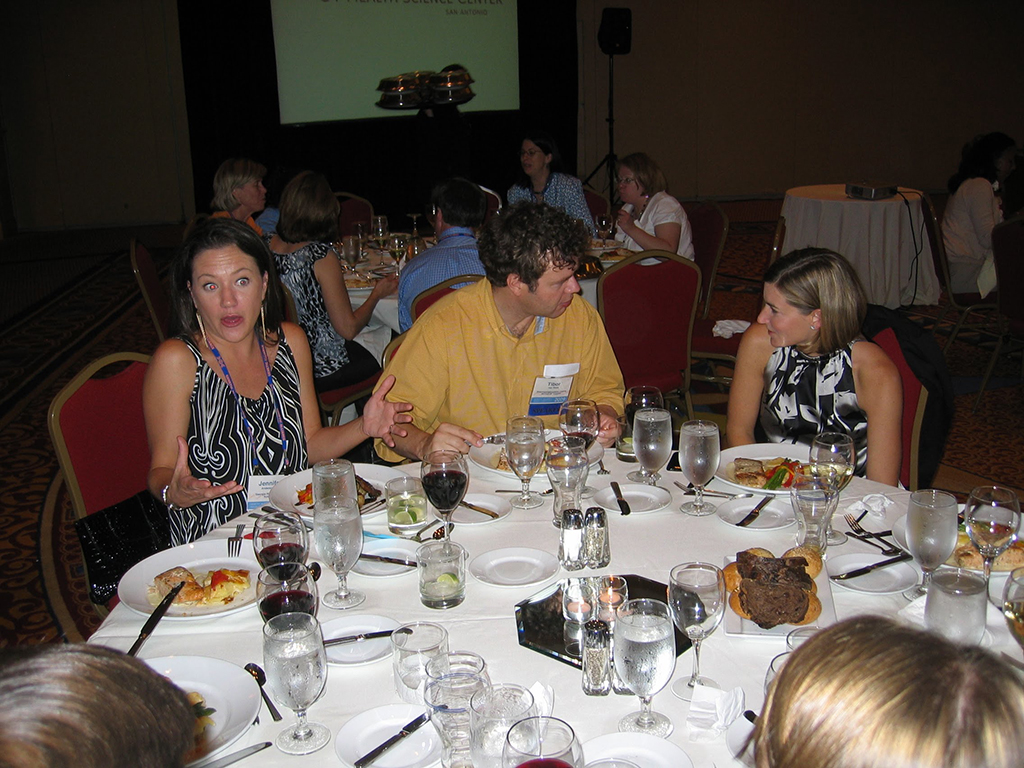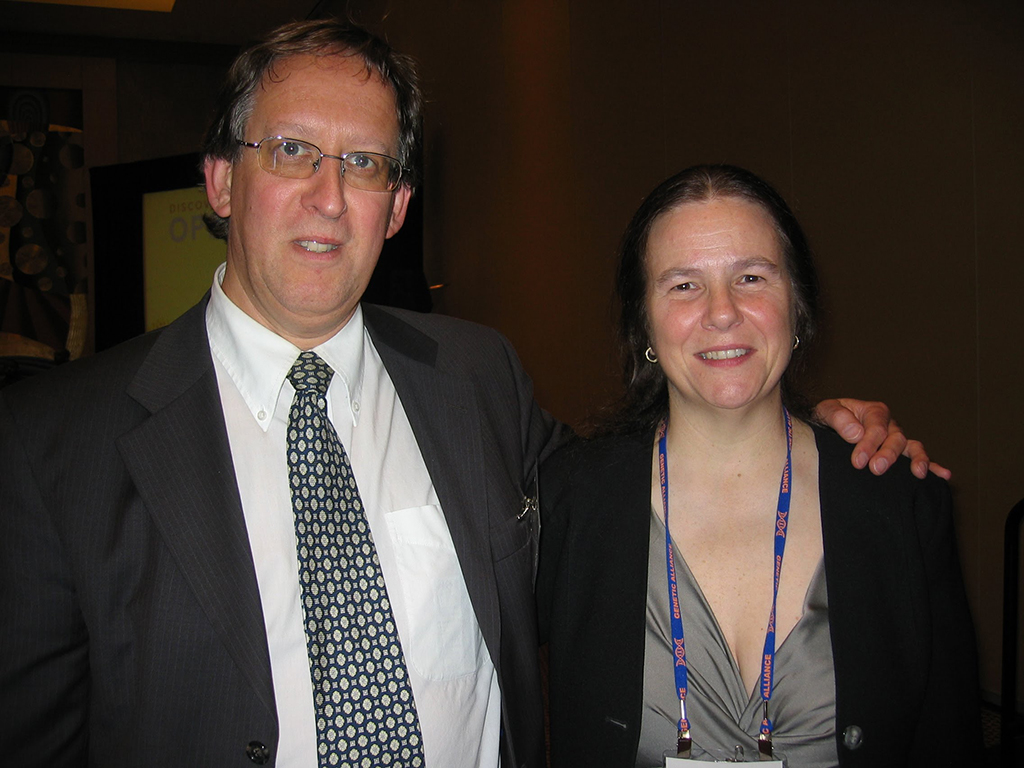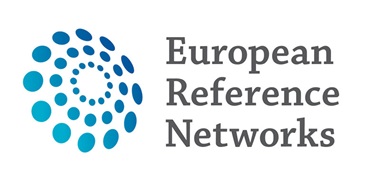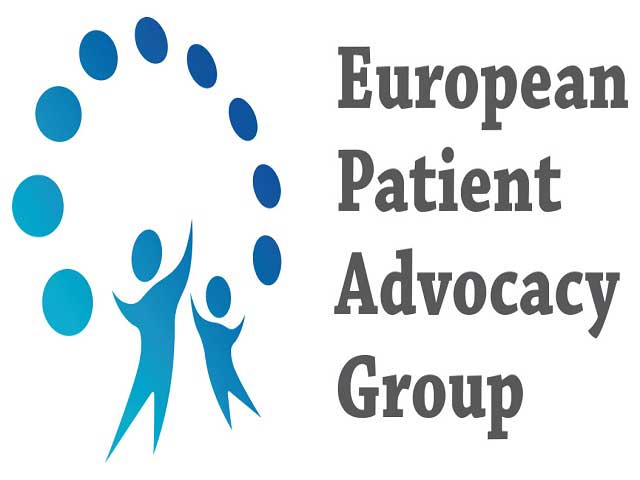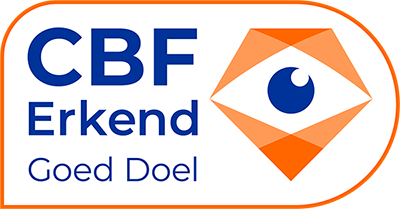On Thursday morning, July 16, Lex took the subway with a number of people to downtown Washington DC for breakfast and to prepare for meetings with representatives of the U.S. Congress.
The team of which I was a part consisted of a total of four people and we had six appointments with senators. One of the team members works for the organization Genetic Alliance. One of the other team members works and is still in school. The third team member works for the American Society of Human Genetics and is also still in school.
Our goal was to share the five principles of health reform which were prepared in cooperation with many patient organizations during the month of June. President Obama has made health care one of the focal points of his administration and the pressure is clearly felt in American society. During two of our sessions, the cost was explicitly mentioned as a very important point in the transformation of health care.
The principles, which are interrelated, and which should be linked to the changes are:
- Access. Universal access to optimal care resulting in a benefit for individuals, families and communities.
- Economics. Preparation of financial incentives aimed at the health of people.
- Delivery Systems. Coordination of delivery across all spectrums of care.
- Patient empowerment. Creation of an individual sense of ownership and responsibility for health.
- Research into the continuum of care. Linking research and health systems and increasing research into the quality of life and consequences of longevity.
The pressure on senators and their staff appears to be high – the most diverse groups of people come complaining to the senators. Our approach was partly intended to support and assist them in the health-reform process that is taking place. This approach was clearly appreciated. Unfortunately, we did not speak directly to the senators but with their immediate assistants. The atmosphere of the talks was good and constructive.
I related my own story as a father of a daughter with a rare disease, and founder and president of a global patient organization. That seemed to be well received. In particular, the initiative that we as CMTC organization have developed, offering free medical research in the Netherlands for patients from around the world and giving free medical diagnosis in the USA on 18 July, was considered a very unique experience. Everywhere we went, I gave away our CMTC folder and pens, and noted that this was clearly appreciated.
I have heard many similar stories in the USA, and know that one of our members in the USA had to take on an extra mortgage to pay for treatment. In this regard, America still has a long way to go in health care.
After completion of the ‘day on the hill’, we went to a cinema where a number of films about people with various diseases were being shown. Several were very disturbing, but they also revealed the beautiful side of life with a (rare) disease. The film “Including Samuel ” demonstrated this particularly well. I would like to provide a link to YouTube (www.youtube.com) for the films “Including Samuel” and “Our dream come true”; unfortunately, only a segment of the first film can be found there.
On Friday 17 July, the Genetic Alliance conference commenced, and I was invited to a special day on leadership. This was a very special session. The theme of the whole conference was ‘discovering openness in health systems’ and focussed on combining forces to achieve great things. Local and individual goals should be discarded – the big picture is what counts. At some point, the mood shifted from ‘may’ to ‘is’. The atmosphere and the energy changed in the hall – all 31 people expressing themselves non-verbally (especially with large open-armed gestures). We often restrict ourselves (like the proverbial ball and chain) which leads to lost energy and creativity. Illness, for example, can be seen as a gift because those affected recognize their limitations and throw away their shackles. A noteworthy remark that was made was that our children can be seen as our teachers (in this context “our” refers to adults/parents).

